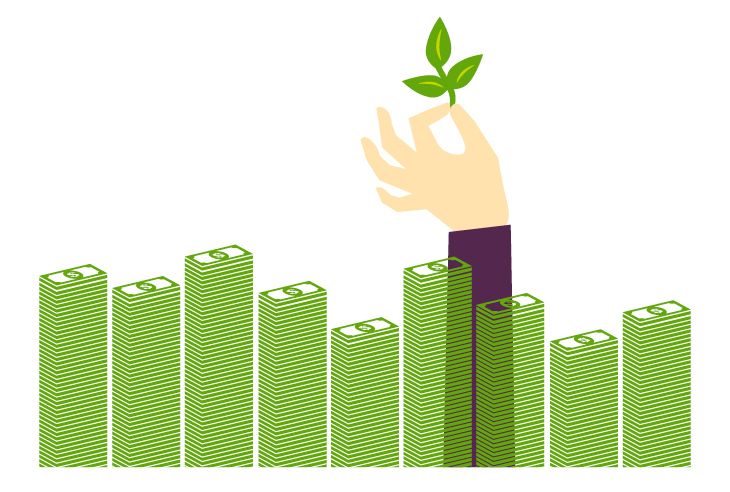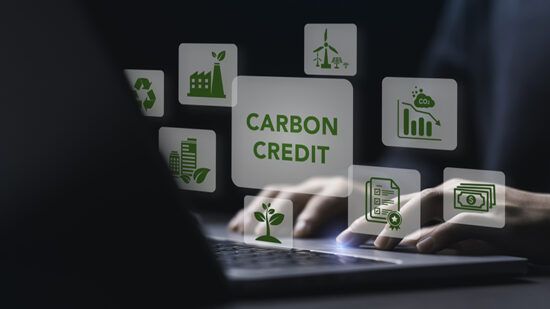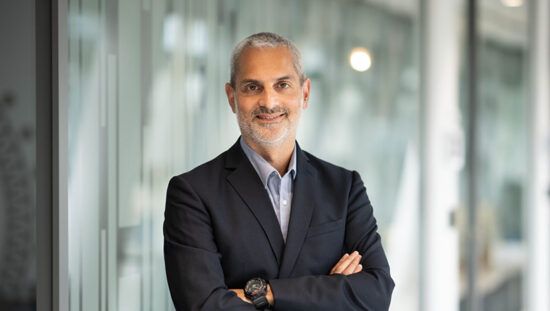The Global Impact Investing Network (GIIN) has urged impact investors to raise capital specifically to meet the UN’s Sustainable Development Goals, cautioning that insufficient cash is currently being channelled into funds with this dedicated objective.
In an announcement accompanying its report Financing the Sustainable Development Goals: Impact Investing in Action, the organisation cited UN data, stating that $5-$7 trillion is needed annually to achieve the SDGs, but said that interpretations of impact investing can be broad.
The report explained that “a handful” of impact investors had started to create products directly targeted at progressing toward the SDGs, but stressed that it was important for investors to go “beyond aligning and retroactively mapping impact to the SDGs”.
“It is critical that investors go beyond alignment to the global goals and instead, raise and direct new capital towards progress against the SDGs,” the organisation said in an accompanying statement.
The definition of impact investing is increasingly being debated between investment managers, prompting the UN PRI to issuea 112-page report clarifying which strategies qualify.
In August, ESG Clarity reported on the rising concerns of “impact washing” where specialist impact managers said they have become worried that the traditional definition of impact investing – deploying capital with a pre-defined social impact objective – was being lost in more widespread adoption of the term.
But not everybody agrees. In an interview with ESG Clarity, Damian Payiatakis, head of Impact Investing at Barclays, said that “every investment has an impact” and explained that he believes that having a “narrow view” of impact investing “isn’t helpful for the industry.”
Instead, Barclays has adopted a broader interpretation, according to Payiatakis, who is a former director of strategic development at the company. He explained that Barclays believes that impact investments fall into three categories: Responsible Investments, Sustainable Investments and Catalytic Investments.
Responsible Investments enhance financial value, Sustainable Investments involve the adoption of a sustainable investment approach and Catalytic Investments are focussed on a specific societal outcome, according to Barclays’ interpretation.
“We see impact investing as a practice and not a noun,” Payiatakis added.








